Skills Priorities and Challenges in Scotland: Tom Talks To Aileen Ponton for #SkillsWorld
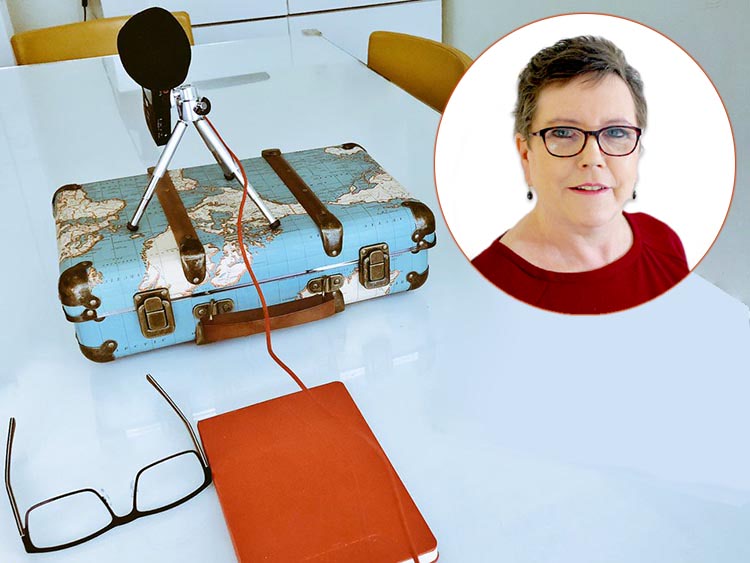
This week for Skills World, Tom Bewick is joined by Aileen Ponton, Chief Executive, Scottish Credit and Qualifications Framework Partnership (SCQF), to discuss the current skills priorities and challenges in Scotland, and SCQF’s role in meeting them.
How would you summarise the key differences between the approach Scotland has towards education and qualifications and the rest of the UK?
I think that there are probably two key differences:
1. Joined-up education system
One I think is about scale. Scotland is a much smaller country, and because of that it has had to work in a very collaborative manner. By that I mean within sectors, so schools working with other schools but also across sectors, in terms of School-College partnerships, and College-University partnerships.
Because that’s driven behaviour it’s become more of a norm, so I think that means that what we have is maybe a bit more of a joined-up education system, where some of the roots and pathways might be easier than they are other parts of the UK.
2. Opportunities for all
There are still things that need to get better, but I think that the education and training system is very much about ensuring there are opportunities for all.
Trying not to focus on the 5 higher, into University dash, which is where a lot of even parents and employers focus, but thinking about what’s the right set of skills and competencies and qualifications for any individual going through the system.
{https://soundcloud.com/fenews/skills-priorities-and-challenges-in-scotland-tom-talks-to-aileen-ponton-for-skills-world}
What would you see as the key priorities for Scotland going forward?
1. Long-term Attainment
I think in terms of education generally the focus of government is definitely around attainment.
It is definitely around things like closing the gap initiative. So, how do we make sure that more people move into further education, higher education, or employment and are not held back simply because of the postcode that they live in.
Or perhaps their underachieving at school doesn’t stay with them throughout their career, so that there are opportunities for them to build on those vocational skills in other settings, and to reach their potential.
That’s a big one, I think, very much hard wired into what’s going on.
2. National Economy
The second one I think is linked to that, but slightly different. We need to improve our economic situation, we need to improve productivity, we’re very clear about that as a Nation.
Our Government, along with stakeholders has looked at a number of ways in which that can be done.
I think one of the key things now as a driver is trying to ensure that work-based skills and competencies are built in to all types of education.
Whether that’s within University, in college or in school, in order to ensure that we have more young people and adults who are work ready and work skilled up, that’s very much driving forward.
Our skills agency is now looking at the meta-skills that will be needed for the future. We’re seeing a more automated future – What does that mean?
It means that intelligence actually, and the ability to interact with others will probably become more and more important, how do we take account of that in our skills system?
What do you see as the role of SCQF in meeting some of those priorities and challenges you just outlined?
I think we probably see three priorities:
1.Quality, Integrity and Confidence
One is about maintaining the quality and integrity of the framework, and the confidence public confidence in the system. That’s really important to us.
2. Raising Awareness
Secondly, it’s about how do we help raise awareness and understanding of the types of learning that are around. The fact that different learning suits different people at different times in their life.
How do we value those different experiences that go on? We have a real role to play in promoting that kind of understanding and use of qualifications and skills.
3. Collaboration
Thirdly, it’s about not being insular, it’s about looking outwards, and it’s about working with other stakeholders to think about if other countries have better productivity is that something that’s hard wired into their skills or education system? If it is, what is it, and is it going to work for us?
I think those the three things are the three components of our organisation, and our main objectives as a company.
Aileen Ponton, Chief Executive, Scottish Credit and Qualifications Framework Partnership, talking to Tom Bewick for this week’s episode of Skills World.
Despite best endeavours to ensure accuracy, text based on transcription may contain errors which could alter the intended meaning of any portion of the reported content. Speakers have not had the opportunity for any corrections.




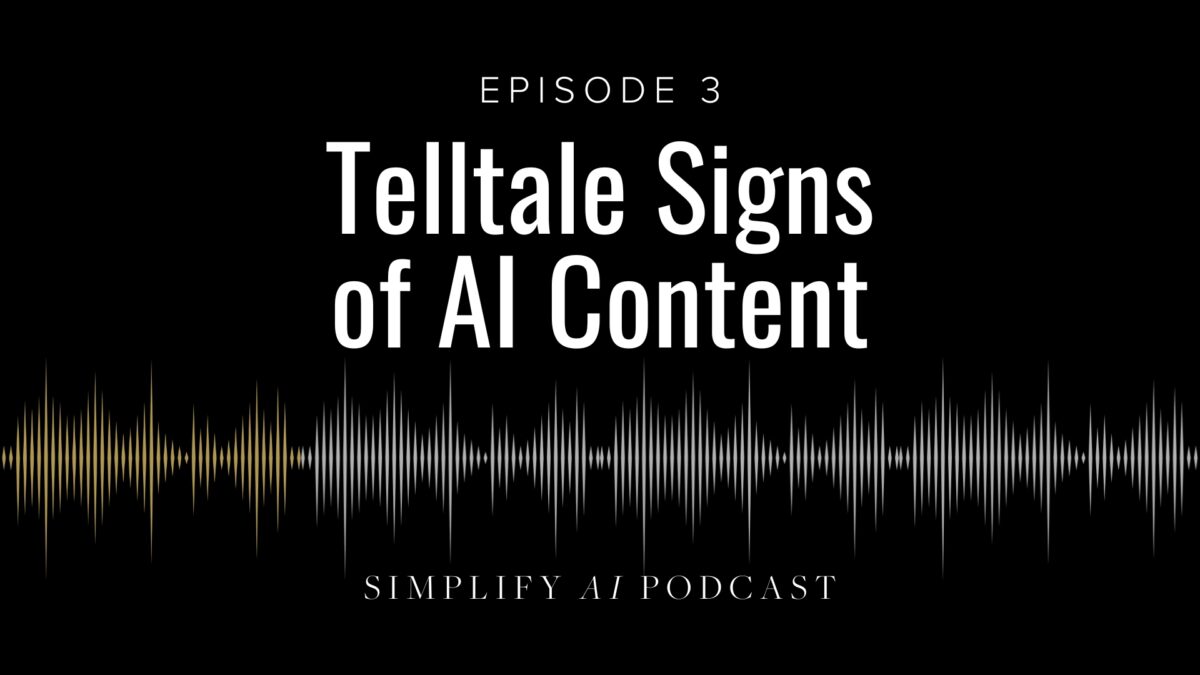
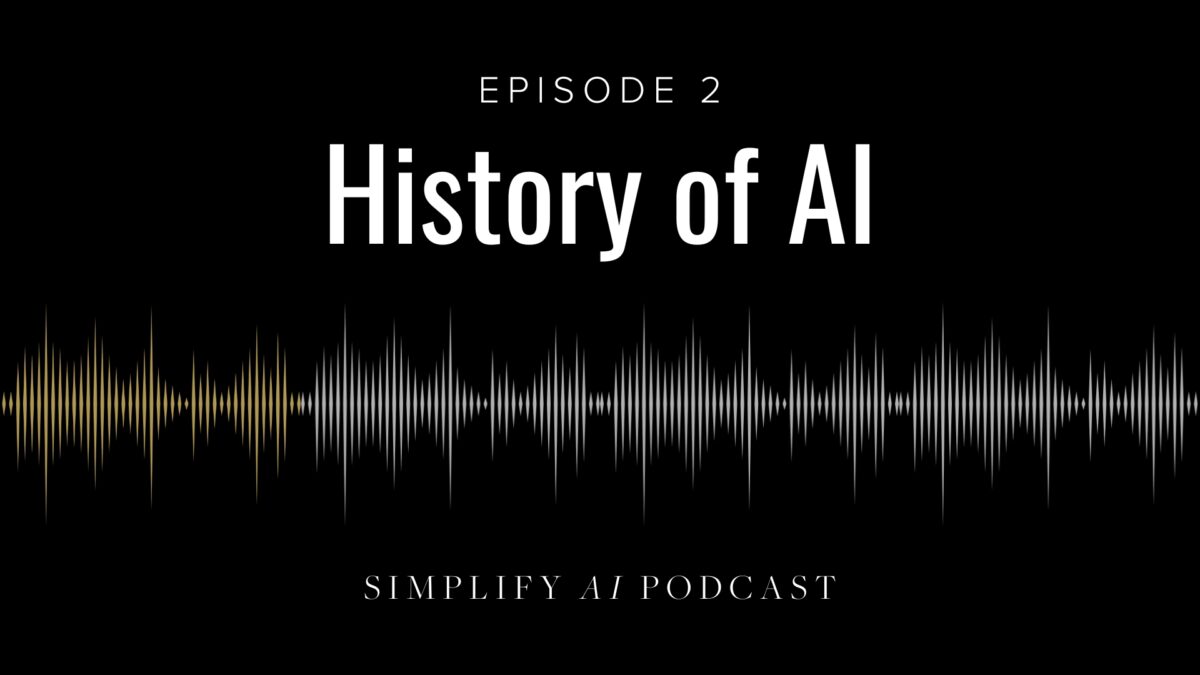
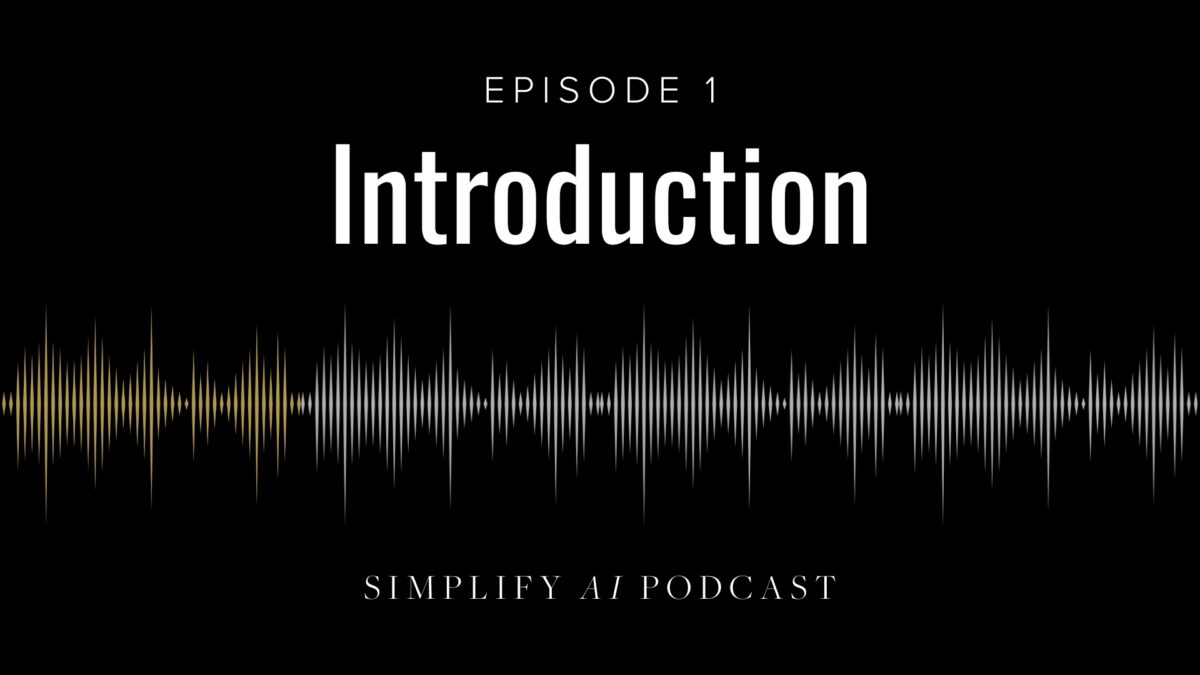
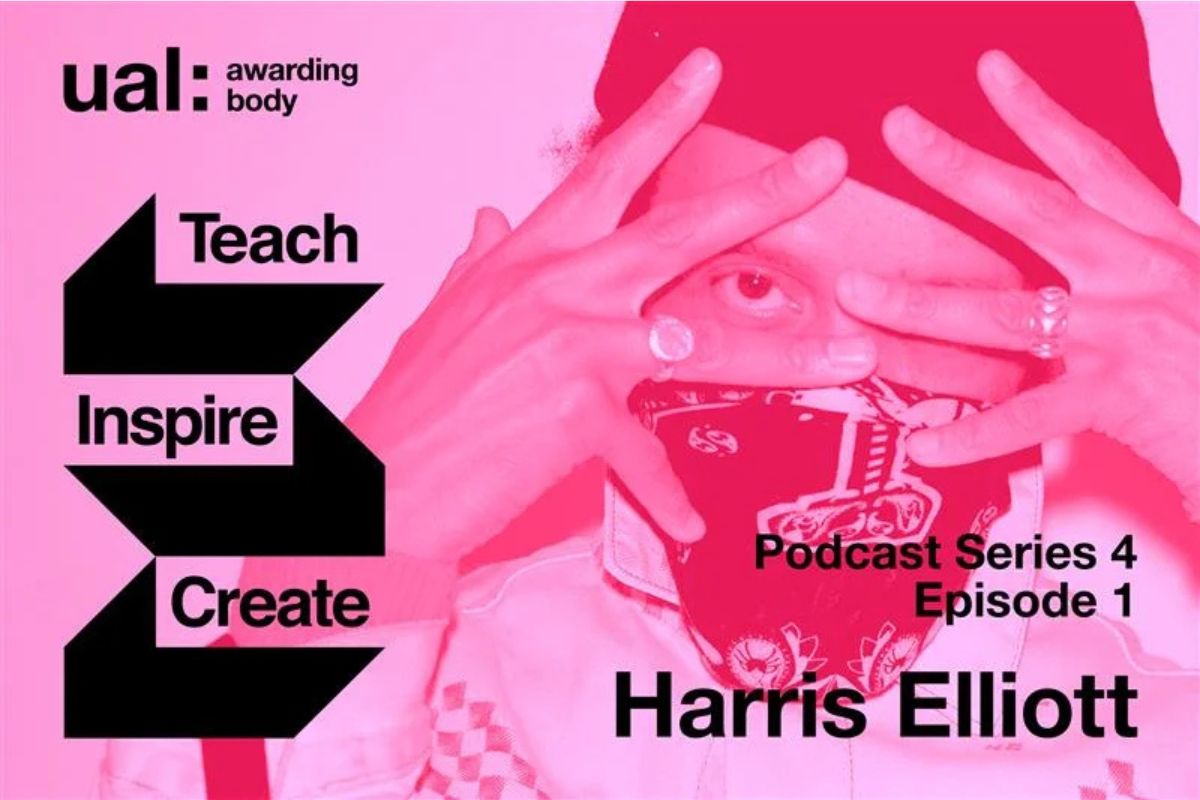

Responses